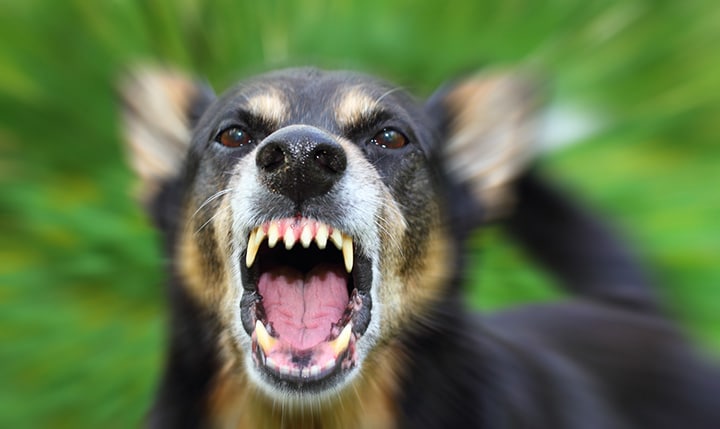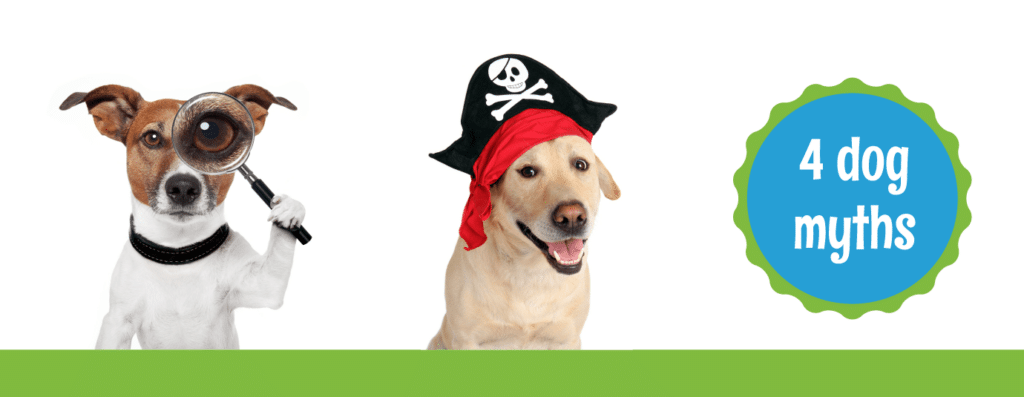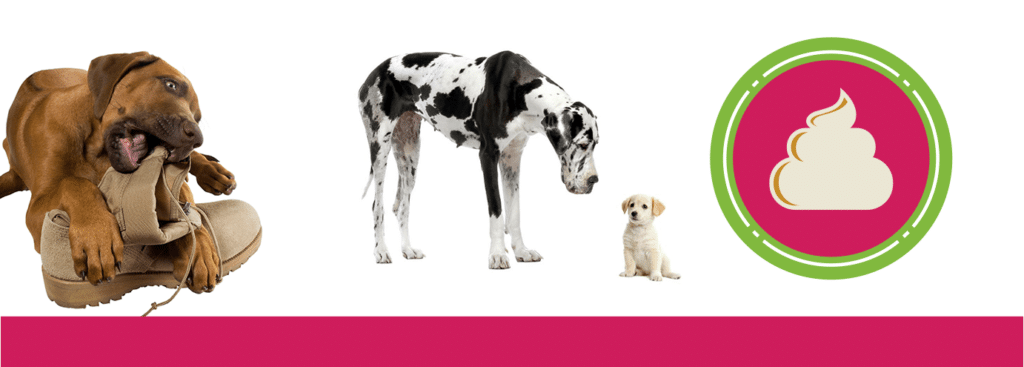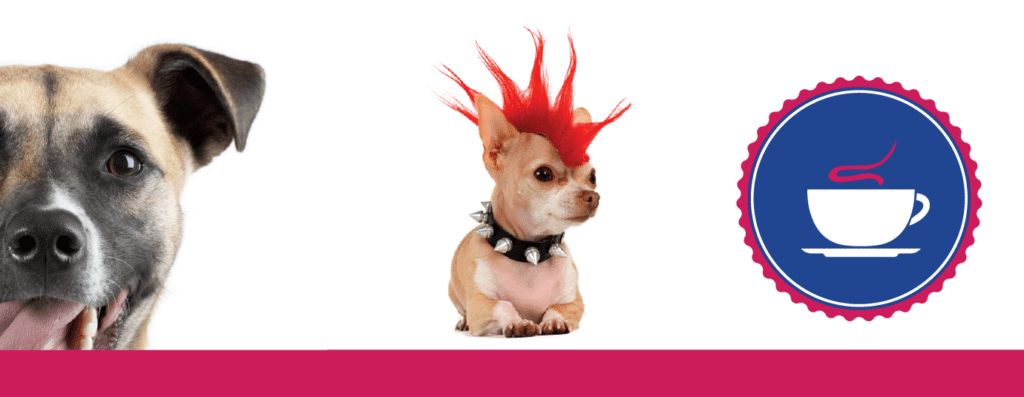Bringing a new puppy into the house is an amazing experience. Puppies are the most adorable little balls of fluff, until the nibbling begins. When puppies begin teething, or even just exploring a new environment they do it with their 28 new razor-sharp teeth.
Puppies can clamp down hard without knowing their own strength. This can turn play time into broken skin on a pet parents fingers, or needing to replace shoes and furniture that have been shredded. Dog trainers have found humane dog training techniques to overcome this puppy impulse.
The following dog training tips will show pet parents how stop this behavior that saves your fingers and your furniture!
Dog Training to Mold Behavior: Inhibitions
Part of puppy playing is the familiar nipping at each other. When puppies nip too aggressively other dogs will yelp—their way of saying \”That hurts!\” The same process can happen between puppy and human.
If your dog bites overly hard make high-pitched noises that mimics a dog yelp. Remember, it\’s not so much about sounding like a dog than conveying to your puppy that their bite is painful. When your puppy withdraws, praise them with petting and treats.
This will reinforce the constructive behavior while associating unwanted behavior with language a puppy can understand as \’bad.\’
Biting Means No More Play Time
Many new pet parents get frustrated with their puppies when they bite. Often they will yell or scold a puppy. This negative reinforcement is actually counterproductive. Responding like this will only incite a puppy as a type of reward because they get a response from you. This is backwards dog training.
Instead, if your puppy bites you, stop playing, turn around and tuck your hands into your armpits. Use dog training to teach your dog that this behavior is unacceptable with no exceptions. This minor form of attention-withdrawal signals to a puppy that their actions are unwanted.
Dog training requires lots of practice and structure. Once you set ground rules everyone in your household will need to follow them.
Give Your Puppy a Chew Toy
Teething puppies are incessant. If you have a puppy nipping you during playtime, or chewing at your furniture or clothing, give them a chewing alternative.
If your puppy nips at you or is chewing on furniture offer them the chew toy. If your puppy continues to bite, stop playing with them immediately. Refocus your puppy, When they are chewing furniture give them a chew toy, then reward them when they switch to chewing the appropriate item.
No Pouncing
We all know the play stance: front legs folded, hind up, and tail wagging. This is normal play behavior, and so is pouncing. If your puppy is pouncing at your legs as you walk by, then nipping at your ankles, they may be acting out an ancestral urge to \’herd you.\’
A dog training technique that can fix this is holding a dog treat by your leg as you walk. Only give the treat to you puppy when they walk nicely beside. As your puppy learns to walk calmly—on and off the leash—the biting will stop.
Proper Dog Training
The best time to begin training your dog is when they are focused and not distracted. Begin in your own home in a familiar setting with the family. If your puppy is too distracted take them for a long walk first before you begin dog training.
Pick a structure and stick to it! If anyone your puppy interacts with is making exceptions to the rules, dog training will not stick.
Never hit or physically punish your dog. Not only is this inhumane, but it can be ineffectual dog training. Dogs, and puppies cannot always correlate between being struck and unwanted behavior. It is also cruel.
If you believe your puppy is biting out aggression, please seek veterinarian advice.
Splash and Dash Groomerie & Boutique hopes you enjoy your newly found adorable little companion and with use of proper dog training can keep your fingers, furniture, and shoes safe!
Follow Splash and Dash Groomerie & Boutique:
- Website: http://splashanddashvip.com/
- Website: https://splashanddashfranchise.com/
- Facebook: https://www.facebook.com/splashanddashfordogs/
- Instagram: @splashanddashfordogs
- LinkedIn: https://www.linkedin.com/in/dan-j-barton-622ab517
- Twitter: splashanddash4dogs



